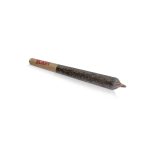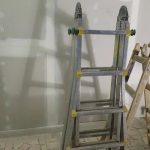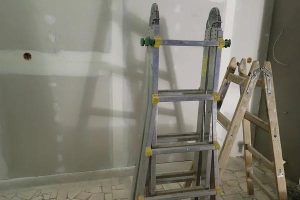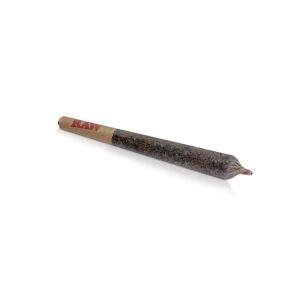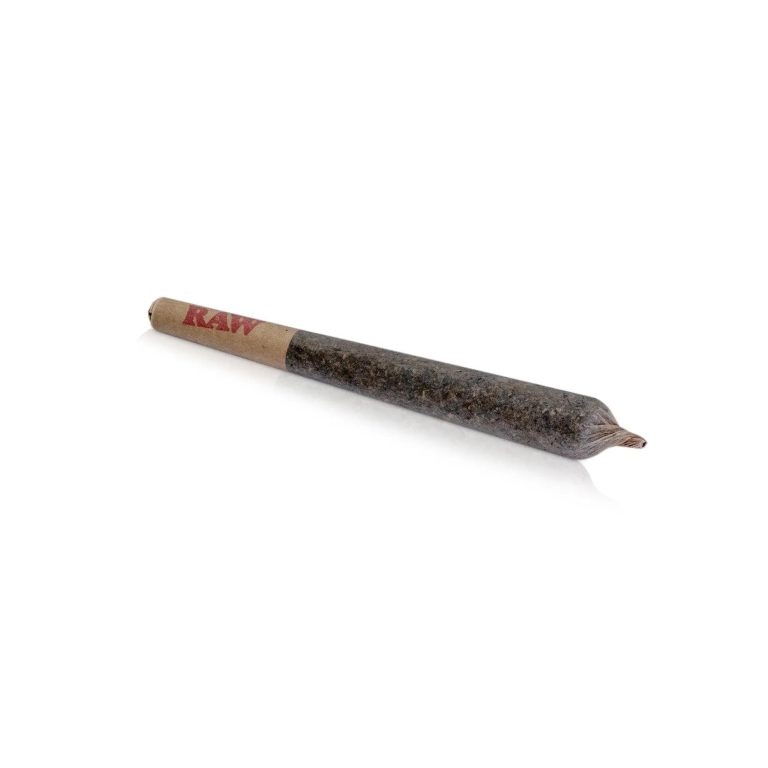Insulation is an essential component of any building, helping to regulate temperature and reduce energy costs. However, there are common problems that can arise with insulation that can compromise its effectiveness. One solution to many of these issues is spray foam insulation.
One common problem with traditional insulation materials such as fiberglass or cellulose is gaps and air leaks. These gaps can allow hot or cold air to seep in or out of a building, reducing the overall efficiency of the insulation. Spray foam insulation, on the other hand, is applied as a liquid and expands to fill all gaps and crevices, creating a seamless barrier against air infiltration.
Another issue with traditional insulation materials is their tendency to sag or settle over time. This can create voids in the insulation layer, reducing its effectiveness. Spray foam insulation adheres tightly to surfaces and maintains its shape over time, ensuring consistent coverage and performance for years to come.
Moisture infiltration is another common problem with traditional insulation materials. Fiberglass and cellulose can absorb moisture from the air or leaks in the building envelope, leading to mold growth and reduced thermal performance. Spray foam insulation is water-resistant and does not absorb moisture, making it an ideal choice for areas prone to high humidity or potential water damage.
In addition to preventing moisture infiltration, spray foam insulation also acts as a vapor barrier. This helps control indoor humidity levels by preventing warm moist air from condensing on cold surfaces within walls or ceilings. By maintaining proper humidity levels, spray foam can help prevent mold growth and improve indoor air quality.
One of the biggest advantages of spray foam insulation is its ability to provide superior R-value compared to traditional materials. R-value measures a material’s resistance to heat transfer – explore the website better its insulating properties. Spray foam has one of the highest R-values per inch of any commercially available insulating material, making it extremely effective at keeping buildings comfortable year-round.
Overall, spray foam insulation offers numerous benefits over traditional materials when it comes to addressing common insulation problems. From filling gaps and sealing leaks to preventing moisture infiltration and providing superior thermal performance, spray foam is a versatile solution for improving energy efficiency in buildings of all types. Whether you’re looking to upgrade your home’s existing insulation or planning new construction project,spray foamin sulation may be worth considering for long-term comfortand savings on energy bills..


